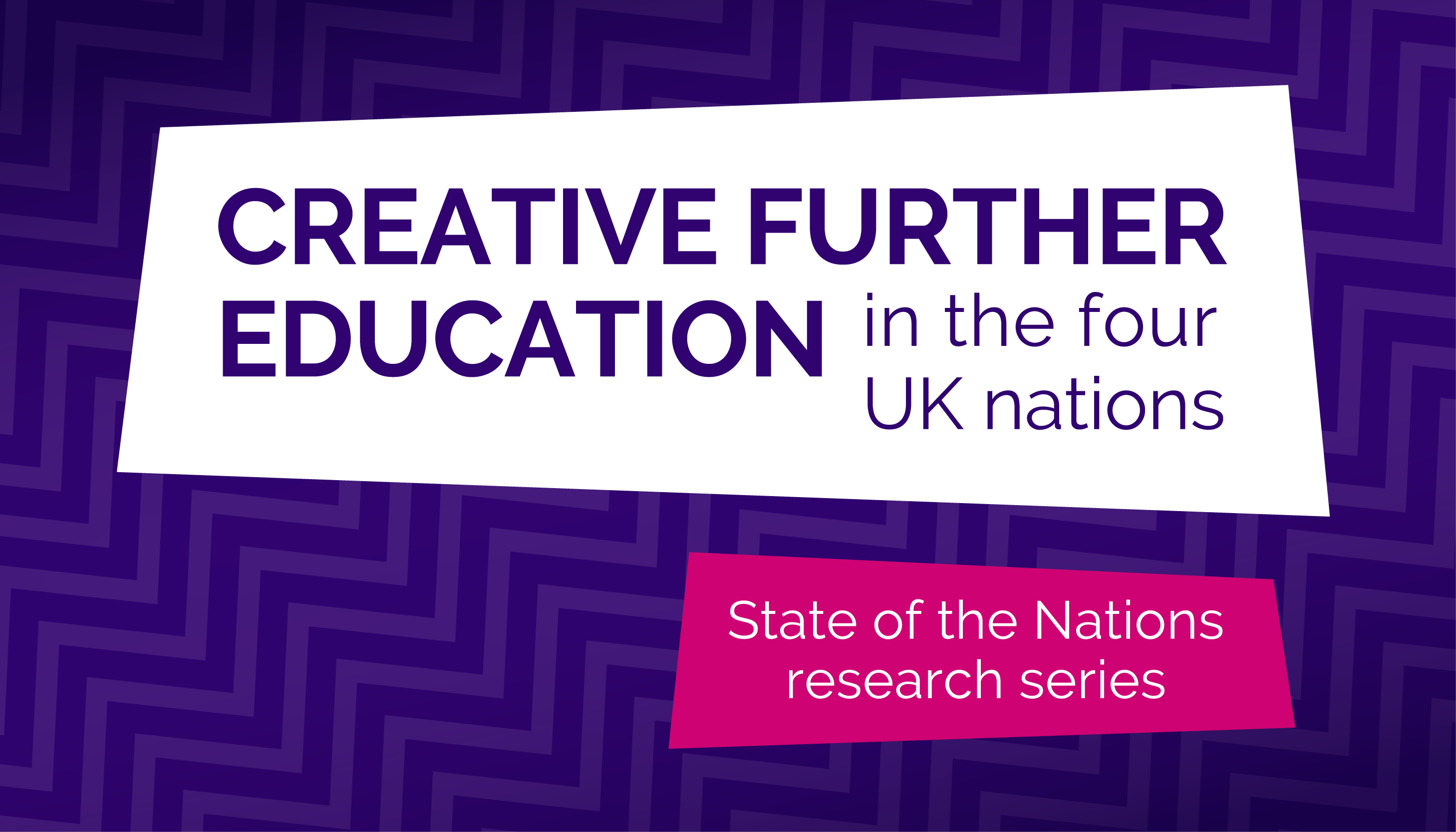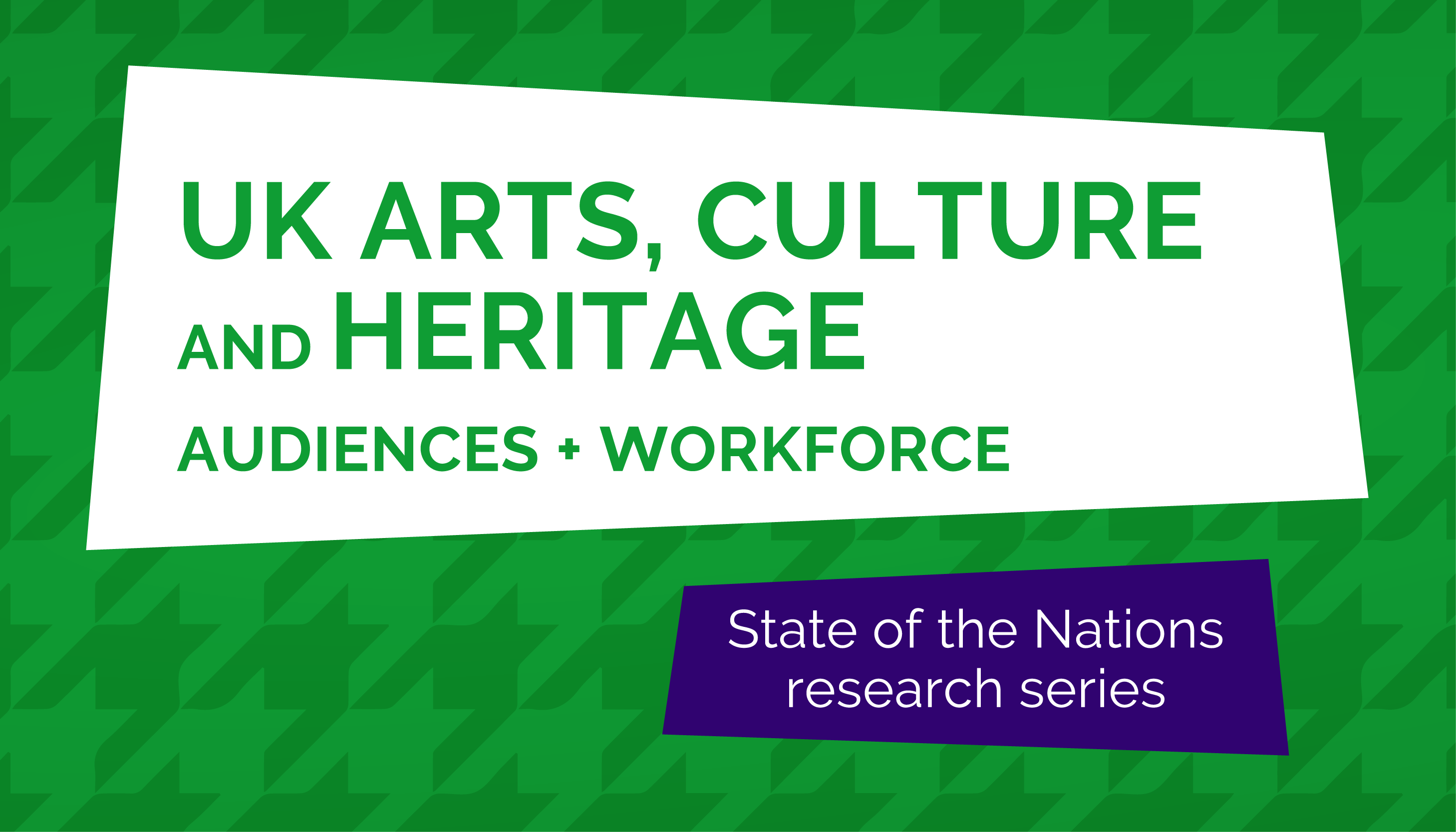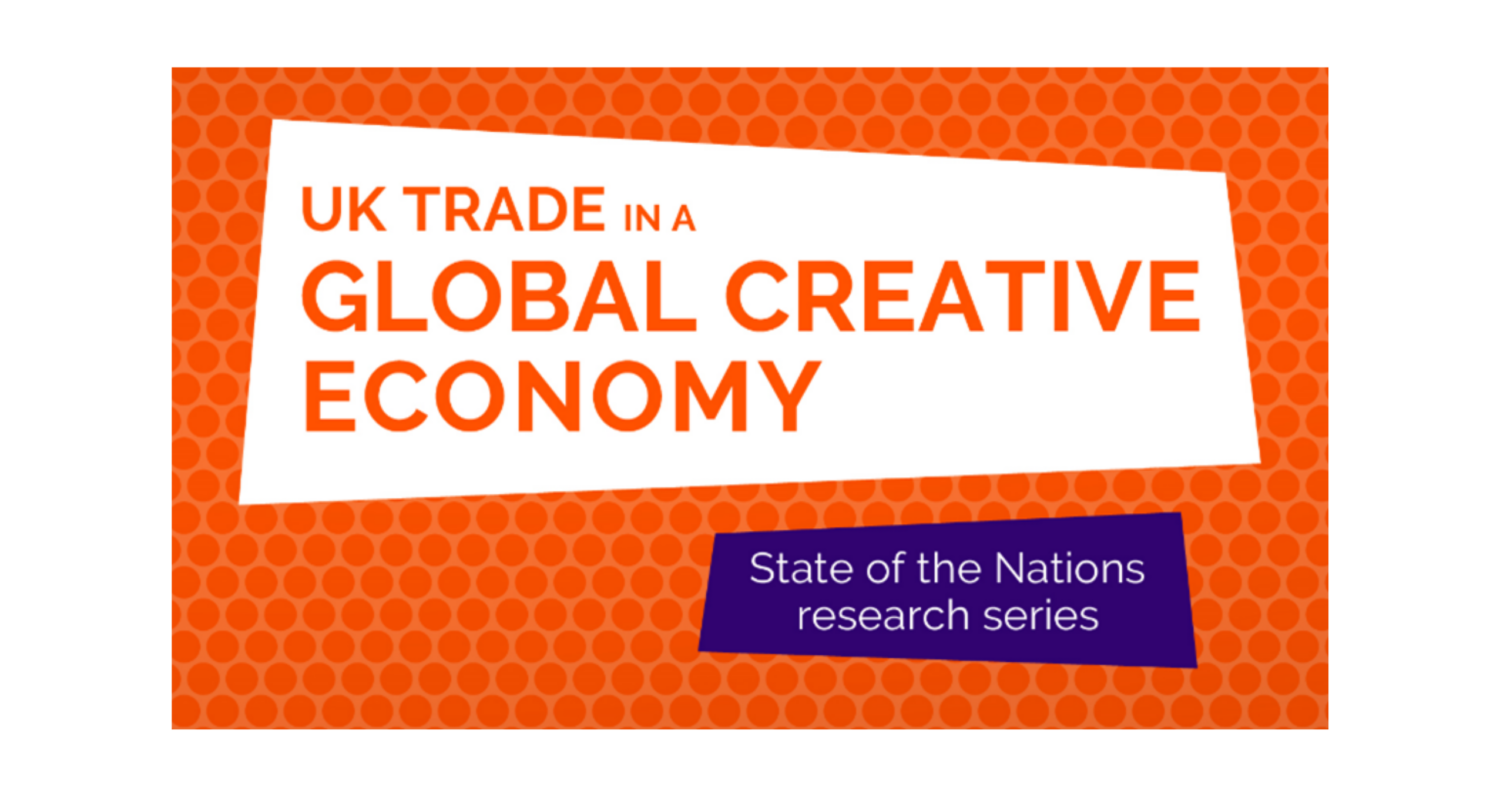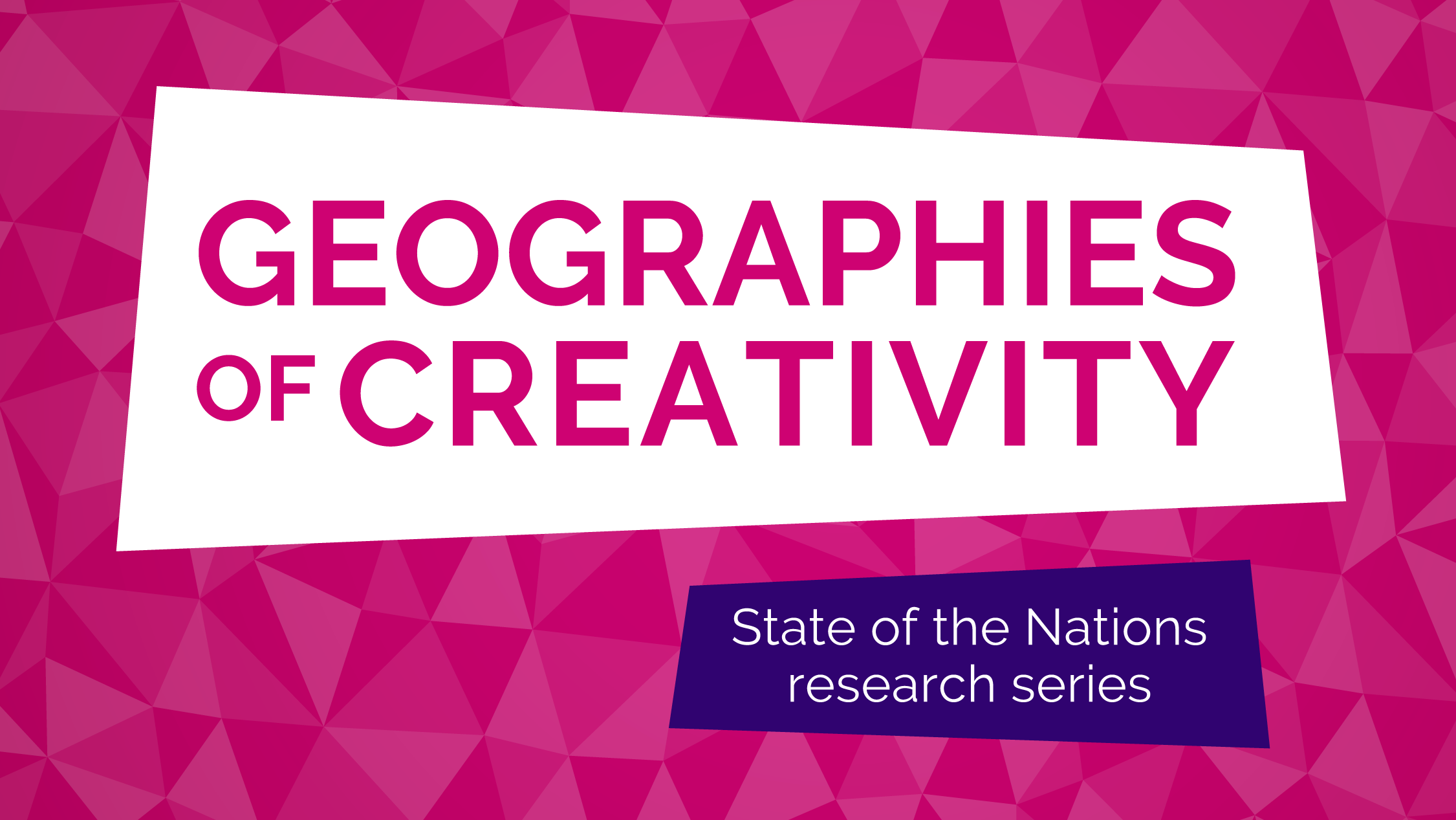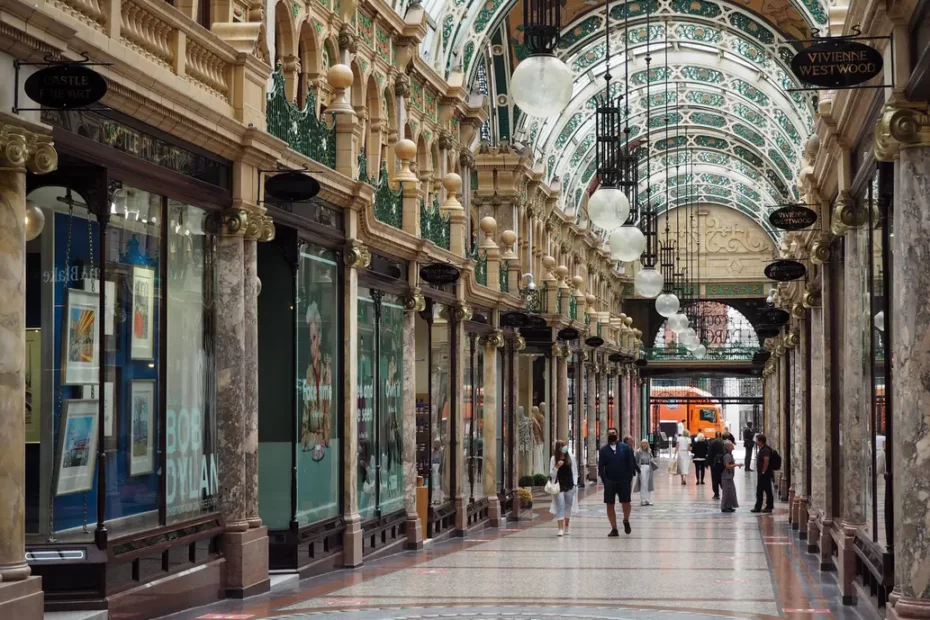Our response to the 2021 Budget
The PEC’s response to the 2021 Budget
The creative industries – from film, to fashion, art, advertising, games, design and more – are a crucial part of the UK, generating £115.9bn in gross value added (GVA) for the economy, employing 2.2 million people and contributing greatly to the country’s status internationally.
However, as our interventions have previously stated, the sector faces significant challenges, not only due to the COVID-19 pandemic but also long-standing issues stemming from the small scale of many of its businesses, as well as skills shortages, and a lack of diversity.
Today’s Budget begins to address some of these critical issues for the sector. Here, we highlight those areas where we have published evidence that policy intervention could support growth in the creative industries, and report how this Budget seeks to address those recommendations.
Research and development (R&D)
The PEC has consistently made the case for widening the definition of research and development (R&D) used for tax incentives to include innovation in the creative industries through the arts, humanities and social sciences. Most recently, we published a policy briefing with Nesta based on research funded by the British Academy, which argued that without the right definitions and tools to measure R&D, and effective policies in place to support it, the Government risks ignoring the full value of R&D in the UK economy, and missing out on incentivising investment in innovation in arts, humanities and social science sectors and activities. Previously we made the case for a definitional review of R&D which focuses on the opportunities for the creative industries.
The Budget announced: a Government consultation on R&D tax incentives which explicitly mentions the fact that “stakeholders have suggested that areas such as pure mathematics, the creative industries or social sciences should be brought within the definition and allowed to qualify for tax reliefs. These areas are not generally within scope for R&D support internationally, although Canada allows claims for mathematical analysis”.
The Consultation asks for “evidence to suggest areas of activity other than those currently covered by the R&D definition to drive positive externalities which should be recognised by the tax system”. The PEC will work with partners to investigate and deliver this evidence.
Migration
PEC research in partnership with the Creative Industries Council has shown that skills gaps in the Creative Industries are more likely to be in ‘higher-level occupations’ such as architects and graphic designers. However, in part because of the disproportionately high number of freelancers in the sector (32.3%), our immigration system (which focusses primarily on the needs of those employed directly by businesses) is inadequate. As a result, the PEC has recommended the introduction of a freelance visa with the same checks as the visas used by large businesses.
The Budget announced: changes to the UK’s immigration system, including the introduction by March 2022 of ‘an elite points based visa’ and a reform of the Global Talent Visa. Both of these policies are aimed at attracting and retaining “the most highly skilled, globally mobile talent – particularly in academia, science, research and technology – from around the world”. Depending on how these reforms are designed they could bridge the gap between existing provision and a system which would be based on talent rather than whether a person is employed or self-employed.
Levelling up
In November, we published research demonstrating the opportunities in investing in micro clusters of creative businesses across the UK. We recommended that the government provides appropriate support to the creative industries, and in particular makes sure new funds like the Shared Prosperity Fund and Levelling-Up Fund, as well as existing funds such as the Towns Fund, address the particular needs of creative businesses and clusters.
Our research has shown that there was an accelerated trend towards greater concentration of UK creative businesses located in London following the global financial crisis in 2008. As attention turns to recovery from the effects of the COVID-19 crisis, prioritising investment outside London and the South East is therefore especially important.
One way in which at least part of the creative industries can help to level-up regions is through cultural investment. Recent PEC research on the value of culture, commissioned by Arts Council England and Historic England, has provided a methodology for museums to be able to better value their sites in the context of business cases, and this guidance will be extended to other types of cultural sites in future. This programme of work has been accompanied by the Department for Digital, Culture Media and Sport publishing a framework on its approach to value in the cultural and heritage sector.
The Budget announced: details of the Levelling-Up Fund which includes a focus on support for maintaining and expanding the UK’s world-leading portfolio of cultural and heritage assets by:
- Upgrading and creating new cultural and creative spaces including sports or athletics facilities, museums, arts venues, theatres, libraries, film facilities, prominent landmarks or historical buildings, parks or gardens.
- New, upgraded or protected community hubs, spaces or assets (and associated green spaces).
- Acquiring and refurbishing key cultural and heritage sites including hotels and historic buildings.
The Recovery Loan Scheme will provide lenders with a guarantee of 80% on eligible loans between £25,000 and £10 million to give them confidence in continuing to provide finance to UK businesses. The Towns Fund has also been extended to a further 45 areas.
Micro businesses and freelancers
Almost one third of the creative industries workforce is made up of freelancers (in comparison to 16% across the UK more broadly), and 95% of creative organisations are microbusinesses. Research has already shown that there is clear evidence of the scale of the jobs crisis within creative occupations. Future research, including that in partnership with the Centre for Cultural Value, will also show the impact of the pandemic on creative freelancers specifically.
The Budget announced: the extension of the Self-employed Income Support Scheme until September, and the inclusion of new freelancers who submitted a 19/20 tax return. However, industry has noted that many freelancers will continue to fall through gaps in the scheme, and some will not have had any support since the pandemic began.
Corporation Tax will increase, though this will be graduated from 19% for businesses with a profit under £50,000 to 25% for businesses with a profit over £250,000. The loss carry back rule has also been extended from one to three years, aiming to help those businesses hit hardest by the pandemic. Help has also been announced for small businesses to develop digital skills, training and access productivity enhancing software.
Apprenticeships
In our work on the skills needed by the creative industries, we have frequently highlighted the need to enhance employer-led technical education programmes, including most recently in Lesley Giles’s blog responding to the Skills White Paper and previously in our 2020 Skills Monitor.
The Budget announced: as the Government invests in the Apprenticeship Training Programme, including by introducing a £7 million fund from July 2021 to help employers in England set up and expand portable apprenticeships, employers will be invited to bring forward proposals to better the apprenticeships system. In particular the Budget mentions the Creative Industries Council who will be overseeing this policy area for the creative sector.
Image by iMattSmart
Related News and Press
Access to Finance: launch of new research project
New research is being undertaken by Creative UK in partnership with the Creative Industries Policy a…
New research points to a looming creative economy skills shortage across the UK
New report shows ‘severe’ decline in creative further education participation Embargoed 17 July 00.0…
Press Release: New research, including – once in a decade data – provides comprehensive overview of audiences and workforce across arts, culture and heritage.
Embargoed 00.01 Wednesday 15 May 2024 (BST) For the first time, census data has been used to provide…
Press Release: UK’s creative industries are an export success story
New report shows creative strength despite Brexit and Covid Embargoed 00.01 Wednesday 20 March 2024,…
Introducing the Creative PEC’s Research Fellows Network
By Professor Hasan Bakhshi, Director Creative PEC and Professor Giorgio Fazio, Director of Research …
‘One Creative North’ plans finalised at summit ahead of Convention of the North
30 organisations meet to set out a bold new vision for the north of England’s creative industries To…
Press Release: Investing in ‘creative clusters’ is key to economic growth– and helping to level up the UK economy
A new report published today, provides fresh insight on where policy intervention could be best targ…
Press release: With coordinated action North of England based creative industries could add £10bn to the UK economy
Today, the Royal Society for Arts, Manufactures and Commerce (RSA) and the Creative Industries Polic…
Press Release: ‘Creative Corridors’ can be the key to the UK’s creative industries’ ambitions
Today (Saturday 16 September), three major institutions announce a joint agreement to work together …
Press release: Relationship between creative industries and gentrification overstated says new study
August 2023 – It’s a commonly held view that the arts drive gentrification. Many city leaders …
Press Release: Could the UK be a creative haven for writers? With support from policymakers, yes, says new report
17 August 2023 – The latest Authors’ Earnings Survey, from researchers at the CREATe Research …
Press release: Landmark Creative Industries report says: prioritise creative education, end unequal access to the arts and focus on the regenerative power of the creative sector
27 April 2023 – Today, the Creative PEC launches a landmark report – The State…


